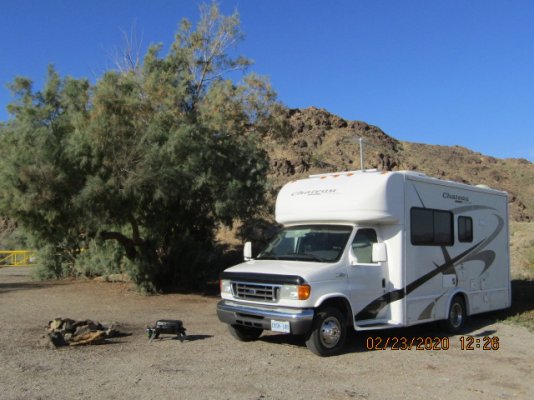Fletcher500
Guru
Down the road my wife and I may purchase a small, Class B or C RV. Many of the models in this class have propane generators, but some are diesel. Rating about 3KW and the predominant brand is Cummins Onan. Curious if there are any RVers out there, and how they like their propane generators? Any downsides to these compared to diesel?

